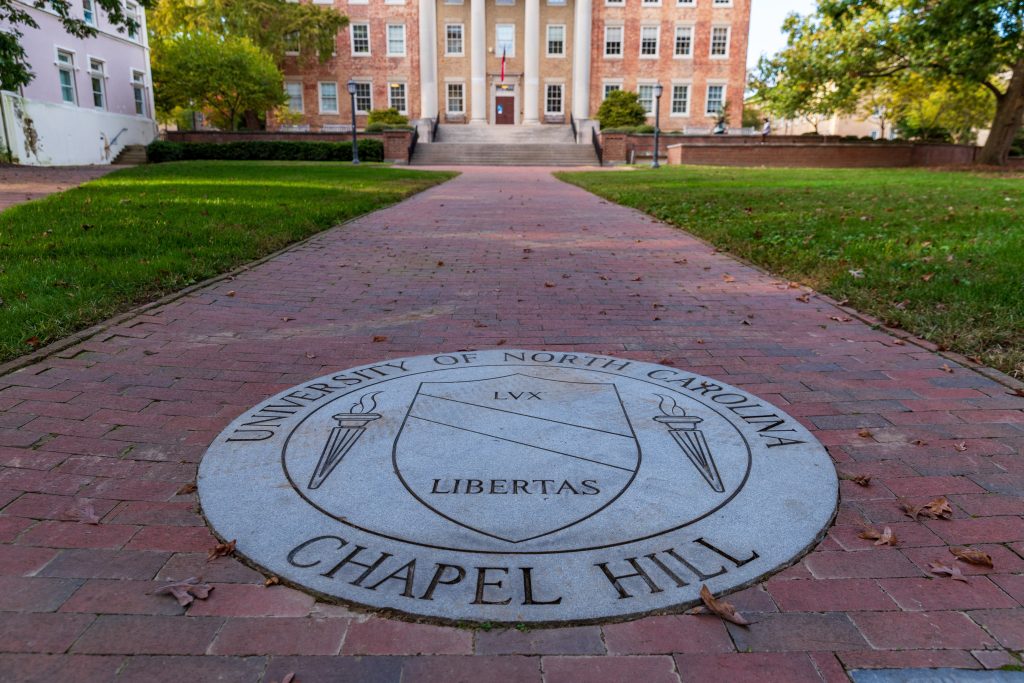Last month, faculty at UNC-Chapel Hill voiced strong criticism against the North Carolina General Assembly and the UNC Board of Trustees through an open letter. Central to their grievances was the claim that the proposed School of Civic Life and Leadership (SCiLL) violated governance principles. However, the faculty’s portrayal omits significant context about the origins and development of the proposed school. As a member of the Board of Trustees and an alumnus of UNC-Chapel Hill, I aim to set the record straight about the SCiLL initiative.
The Origins and Development of SCiLL
The idea for the SCiLL curriculum did not emerge overnight; it has a history rooted in faculty input and discussions spanning several years. Contrary to the narrative advanced by some political partisans and opponents of the initiative, the concept of SCiLL is not a sudden imposition but an extension of longstanding academic programs.
Chancellor Kevin Guskiewicz and Provost Christopher Clemens have publicly confirmed that the administration’s proposal for SCiLL evolved from Carolina’s Program for Public Discourse (PPD) and its IDEAs in Action curriculum. These programs, initiated in 2017, aimed to foster open, civil debate and prepare students for success in a diverse society. The Faculty Council discussed PPD in 2019 and allowed its development to continue, indicating faculty approval for the program’s trajectory.
Clarifying the Timeline
The proposal for SCiLL gained new momentum when top university administrators redefined the program’s expansion into a proposed school, with plans to seek state funding. In January, our Board of Trustees adopted a resolution encouraging the administration and faculty to expedite plans for the school. Despite erroneous reports and outside attacks, the trustees’ endorsement was based on a pre-existing initiative that had been in the works for years.
Chancellor Guskiewicz confirmed this timeline in a March 17 letter to the Southern Association of Colleges and Schools Commission on Colleges. He detailed the extensive planning and faculty discussions dating back to 2018, including site visits to other universities to learn about similar programs.
Faculty Involvement and Resistance
Critics who claim that faculty were unaware of the proposed school before January are either misinformed or disingenuous. While the label “school” might have been new to some, the underlying concept had been openly discussed for years. Provost Clemens has noted that several faculty members have been involved in SCiLL’s development as an extension of PPD, with a larger group of professors set to shape it further.
Despite this, the initiative has faced significant hostility from some faculty members. During a recent University Affairs Committee meeting, Provost Clemens recounted how the PPD program met with resistance, leading to heated and sometimes personal attacks during faculty discussions. This climate of hostility has understandably made some faculty cautious about openly supporting SCiLL.
Protecting Academic Integrity
Provost Clemens emphasized that accusations of SCiLL being a political program run by outsiders are unfounded. He reiterated his commitment to ensuring that academic programs are created and led by faculty, free from political influence. To that end, Chancellor Guskiewicz has invited about 30 faculty members to serve on a working group to help develop SCiLL, which may ultimately take the form of a new department rather than a school.
The Real Issue: Fear and Intimidation
The most troubling aspect of the opposition to SCiLL is the fear it has instilled among some faculty members. Provost Clemens shared that one faculty member declined to join the working group out of concern for their career if they were associated with the initiative. This culture of intimidation, not the evolution of a curriculum plan, is the real issue that needs addressing.
The vehement opposition to an initiative grounded in the principles of free inquiry and civil debate underscores the necessity of such a program at UNC-Chapel Hill. The university community must confront the fear and hostility that stifle academic freedom and open discussion. Only by doing so can we uphold the true spirit of education and ensure a vibrant, diverse intellectual environment for all students and faculty.
Conclusion
The controversy surrounding SCiLL at UNC-Chapel Hill highlights the challenges and importance of fostering an environment where diverse viewpoints can be freely expressed and debated. The proposed school, far from being a sudden imposition, is the result of years of planning and faculty input aimed at promoting civil discourse and intellectual diversity. It is crucial for the university community to move past fear and intimidation and embrace the principles of free inquiry that are the bedrock of higher education.










